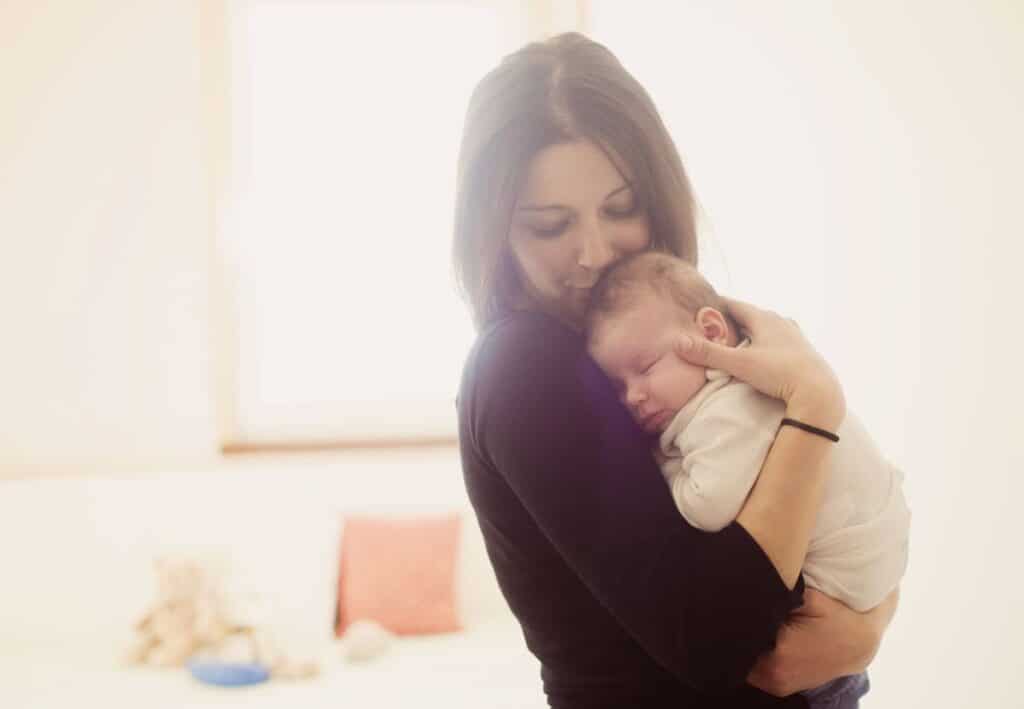The federal government has announced it will pay superannuation to parents receiving payments on the government-funded paid parental leave scheme from July next year.
Eligible parents with a baby born or adopted on, or after, 1 July 2025 will receive 12 percent of the parental leave payment as a superannuation equivalent payment to their superannuation fund.
The move has been labelled as a “historic reform” by the Albanese government and forms part of Australia’s first national strategy to achieve gender equality.
Currently, parents receiving the Commonwealth funded paid parental leave scheme do not get any superannuation payments. The move to introduce super payments will help close the ‘gender super gap’, which sees women being much less financially secure at retirement age than men.
Introducing super on paid parental leave was a key recommendation of the Women’s Economic Security Task Force, which advises the government on matters relating to gender equality and women’s economic security.
“The Albanese Labor Government is serious about making sure women are supported when balancing caring and working responsibilities,” Minister for Women Katy Gallagher said.
“The data is clear – that when women take time out of the workforce to raise children it impacts their retirement incomes with women retiring, on average, with about 25 per cent less super than men.
Senator Gallagher said paying super on government parental leave is “an important investment to help close the super gap” and will make decisions about balancing care and work easier for women.
Currently, around 180,000 families receive parental leave payments from the government each year.
Treasurer Jim Chalmers said the reform is part of the government’s efforts “to ensure women earn more, keep more of what they earn, and retire with more as well”.
“In the long-term, this important change means a more dignified and secure retirement for more Australian women,” he said.
The reform to pay super on paid parental leave comes after the government introduced changes to the government scheme in its October 2022-23 budget. Under the exisitng changes, from July 1 2024, parents will be eligible for an additional two weeks of leave to the current 18 weeks on offer, followed by another two in 2025 and then reaching 26 weeks or 6 months, by 2026.
The government has said the full details and cost of the changes to super on paid parental leave will be released in the next budget.
Minister for Social Services Amanda Rishworth said the changes will help normalise taking time off work for caring responsibilities.
“It reinforces paid parental leave is not a welfare payment – it is a workplace entitlement just like annual and sick leave,” she said.


